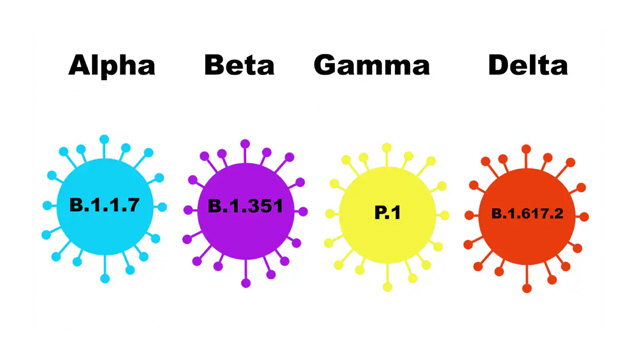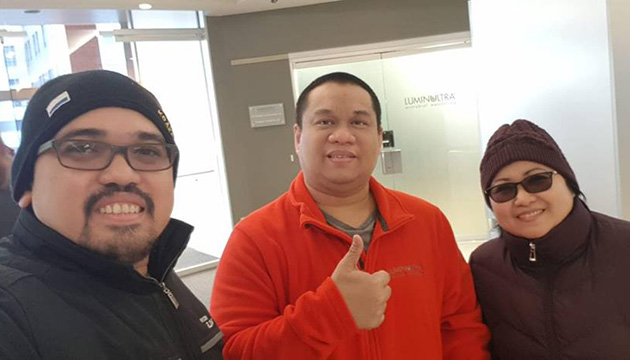April 1, 2025 — Most Canadians likely haven’t heard of the word “tokhang”.
An expression associated with the bloody drug war waged by Rodrigo Duterte during his time as president of the Philippines, it’s a combination of two words spoken in the country’s Visayas region: “toktok” (knock) and “hangyo” (plead).
On the ground, tokhang meant law enforcers going to the homes of alleged drug pushers and addicts, a visit that is often followed by extrajudicial killings.
Now held at a detention centre in The Hague by the International Criminal Court (ICC), Duterte is facing charges of crimes against humanity.
Canadian lawyers, law students, and others interested about Duterte’s drug war can now learn more about tokhang, as this portmanteau has found its way into the country’s jurisprudence.
The word is found in two rulings involving a former officer of the Philippine National Police (PNP), who has been found to be inadmissible in Canada for complicity in Duterte’s drug war.
The case involved Joshue Limmong Ahuday, who, as part of the police in the city of Manila, took part in tokhang operations.
Tokhang was first described in a January 15, 2024 decision by the Immigration Division (ID) of the Immigration and Refugee Board.
In that decision, the ID found Ahuday inadmissible to Canada under the Immigration and Refugee Protection Act (IRPA) for acts outside Canada that constitute offences under Canada’s
Crimes Against Humanity and War Crimes Act.
The word tokhang was again mentioned in a January 7, 2025 judgment and reasons rendered by Judge Angus G. Grant, who upheld the ID’s decision ordering the deportation of Ahuday.
In the ruling, Grant recalled that Duterte served as president of the Philippines from June 2016 to June 2022.
“Throughout that time, he implemented a war on drugs, which the PNP executed through a strategy known as ‘Operation Double Barrel’. This operation was, in reality, a well-documented state-sponsored ‘nationwide killing campaign’ that encouraged police officers to shoot and kill anyone involved with drugs at any level, as a way to control crime. Both drug dealers and drug users were targeted by the PNP in arbitrary and unlawful killings, as part of the government-directed campaign. According to multiple reports, this campaign of extra-judicial executions in largely impoverished areas of Manila and other urban areas already stood at 7,000 casualties by late January 2017.
Grant continued, “Integral to Operation Double Barrel were ‘Tokhang Operations’ which aimed to create ‘watch lists’ of known drug users and drug dealers, who would be visited by police and local authorities and urged to ‘surrender’. If a suspect did not surrender, the police would attempt to ‘verify’ their drug use, by interrogating friends and neighbours. These visits were often used to confirm the identities and whereabouts of a targeted drug suspect, and frequently ended with the violent death of the drug user.
“Related to these Tokhang Operations were ‘buy-bust’ operations. After a drug suspect surrendered or was ‘verified’ by a drug unit and put on a watch list, a faked ‘buy-bust’ encounter would occur, in which a drug enforcement team, frequently undercover, would raid the suspect’s house. All too often, these raids ended in the extrajudicial killing of the buy-bust target,” Grant related.
The judge noted that Ahuday moved to Canada in June 2021 on a spousal open work permit.
The former Philippine police officer was included on his wife’s application for permanent residence as a dependent spouse.
However, in May 2023, Ahuday was notified by the Canadian Border Services Agency that he had been reported as inadmissible to Canada on grounds of violating human or international rights pursuant to IRPA.
After hearing, the ID concluded that Ahuday was complicit in the crimes associated with Duterte’s drug war.
In his ruling, judge Grant quoted from the ID’s decision, which stated that there are “reasonable grounds to believe that Mr. Ahuday participated in the Tokhang operations significantly and knowingly, as a police officer on a team in the drug enforcement unit of the PNP”.
“As is demonstrated by the objective evidence, these activities directly contributed to targeted killings of drug users and dealers by the PNP, at the behest of President Duterte,” the ID decision read.
Grant dismissed Ahuday’s application for a judicial review of the ID’s decision, saying the division did “not commit any fatal errors in concluding that there were reasonable grounds to believe the Applicant had made a voluntary, knowing, and significant contribution to the crimes committed by the Philippine police over the course of then President Rodrigo Duterte’s ‘war on drugs’.”
“The ID drew a clear and direct link between the Applicant’s police duties and the crimes against humanity committed by Philippine authorities; in short, its conclusions were adequately justified in light of the facts and applicable legal principles,” Grant wrote.
Duterte was arrested by the PNP at a Philippine airport on March 11, 2025 based on an ICC warrant. He was flown to The Hague on the same day.













